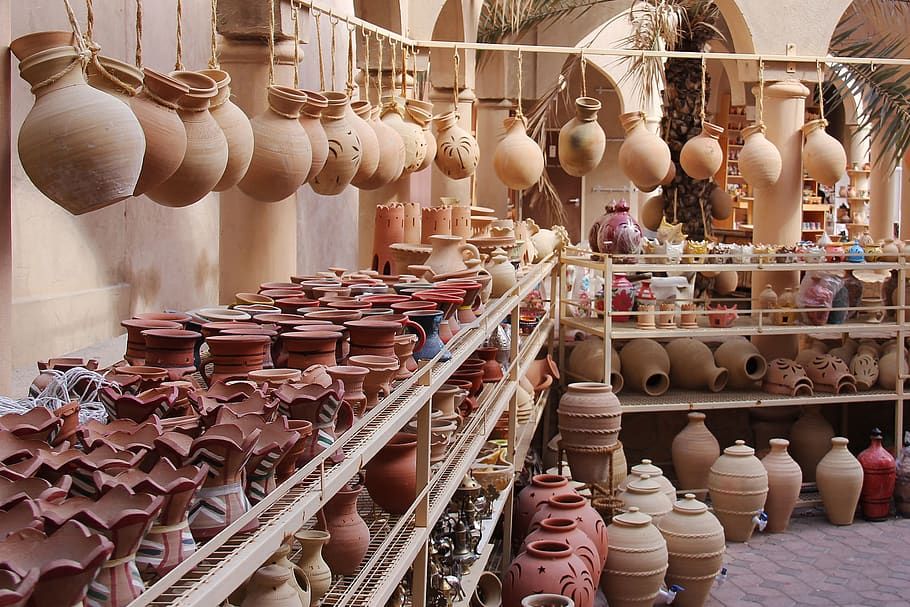Talk About A Traditional Object Of Your Country: IELTS Cue Card
Rachit Tewari
·
17 Oct 2023
- IELTS
- cue card
- Academics
- study abroad
- exams

Describe A Traditional Object Of Your Country
One of the most important components of the IELTS speaking test is the IELTS Cue Card, which evaluates your ability to speak confidently, fluently, and about a specific subject. The prompt, "Talk about a traditional object of your country," urges you to impart knowledge about an important facet of your culture.
Your response should display your command of the English language, your vocabulary, and your capacity for coherent and reasoned thought. Let’s break down the steps you can take for a strong response:
1. Choose a Traditional Object:
Start by selecting a traditional object that holds cultural, historical, or personal significance. This could be anything from a piece of clothing, an artifact, or a cultural symbol.
2. Describe the Object:
Begin your response by describing the chosen object. Provide details about its appearance, history, and any unique features that make it special.
3. Explain Its Significance:
Share why this object is important in your culture. Discuss its role in traditional ceremonies, daily life, or its representation of your country's values and heritage.
4. Share Personal Experiences:
Offer personal anecdotes or experiences related to this object. How has it impacted your life or the lives of people in your country?
5. Conclude with Pride:
Summarize your thoughts by expressing your pride and appreciation for this traditional object and what it signifies in your culture.
Sample
In my country, India, one of the most revered and iconic traditional objects is the 'Sari.' The Sari is a six to nine-yard piece of fabric that women drape around themselves, and it's an embodiment of our culture, grace, and timeless beauty.
The Sari is a gorgeous article of clothing with elaborate motifs and vivid colors. It is normally made of silk or cotton. Ancient texts made mention to it, and its history spans thousands of years. It is more than just an outfit; it is a representation of tradition and femininity.
One cannot exaggerate the Sari's importance in Indian culture. It represents our rich ancestry and goes beyond just being a piece of clothing. Many events, such as festivals and weddings, call for the donning of this by women. It stands for modesty and grace. Our rich culture is reflected in how it is wrapped differently in different locations.
Personally, I have countless memories associated with the Sari. I remember watching my grandmother elegantly drape her Sari every morning. It was a ritual for her, and she would tell me stories about the significance of each style and the history behind them. The Sari has been a part of my life since childhood, and wearing it makes me feel connected to my roots. I wore a Sari for my high school graduation, and it was not just an outfit; it was a symbol of my transition to adulthood.
In conclusion, the Sari is not just a piece of clothing; it's a piece of our identity. It reflects our values, traditions, and the beauty of our culture. It's a symbol of timelessness and has a special place in my heart and the hearts of millions of people in India.
Conclusion
The IELTS Cue Card provides an opportunity to showcase your language skills and cultural pride. While this exercise is vital for language proficiency, your journey toward university applications involves much more. Horse's Mouth offers invaluable guidance and insights from students and alumni who have navigated the complex world of studying abroad.
As you explore the cultural significance of traditional objects in your IELTS preparation, remember that Horse's Mouth is your trusted companion on this enriching voyage towards higher education and global opportunities.
If you wish to hear the personal experience of a current student/alumnus over a FREE one-on-one call, check out these profiles on Horse’s Mouth.
For any queries/issues contact:
Raunak Ash Gulati:
Contact No.: +91-7768901177
Email: raunakash.gulati@horsesmouth.in
Pulkit Vyas:
Contact No.: +91-7728027716
Email: pulkit.vyas@horsesmouth.in
